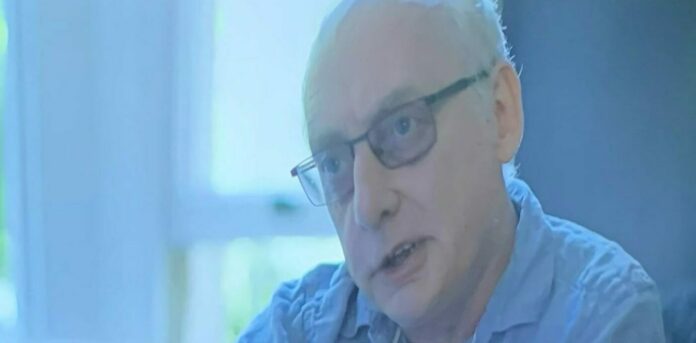- Return to sender - 20th February 2026
- Legal eagle - 19th February 2026
- Round Robin - 19th February 2026

During 23 years with the BBC, and a 41 year journalistic career (when he was trained to use simple language, avoiding jargon), for our Editor, Welshman Phil Parry, proper sourcing was all-important but he came across many instances of plagiarism from students when he taught journalism, and this is all put centre stage now by research showing it is ever more prevalent today with new technology, as well as by the fact that Mark Carney has been accused of copying while at Oxford.
These things are VITAL!

You have to be aware of which sources you can trust (the BBC or The Economist are examples), and which you CANNOT, so the facts must be checked (anything on social media for instance).
In education it is slightly different although no less important.
It is perfectly acceptable to use information for a project from another source, but it HAS TO BE referenced properly with a full citation.
 The University of South Wales (USW) (the biggest in Wales) even has a special section on its website drawing attention to this issue, declaring: “To avoid being accused of plagiarism, it’s important you learn to reference correctly, and that you adhere to the guidelines of good academic practice”.
The University of South Wales (USW) (the biggest in Wales) even has a special section on its website drawing attention to this issue, declaring: “To avoid being accused of plagiarism, it’s important you learn to reference correctly, and that you adhere to the guidelines of good academic practice”.
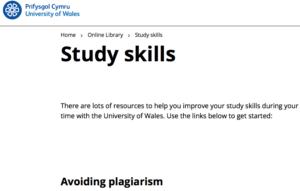 The University of Wales (UoW) asks: “Why is plagiarism a problem?” and explains that it is “…an attempt to gain unfair advantage…”.
The University of Wales (UoW) asks: “Why is plagiarism a problem?” and explains that it is “…an attempt to gain unfair advantage…”.
When I was teaching journalism you had to be vigilant in spotting facts without referencing which were passed off as the student’s own work.
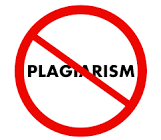

This was always happening although it was becoming worse. Regrettably it is likely to become worse still with the rise of chatbots and Artificial Intelligence (AI).
Outside Wales the signs are ominous, because in the most advanced developed country in the world (the United States of America [US]) research shows the extent of the problem today, and as the saying goes when America sneezes we catch a cold.
![]() University students there appear to believe that cheating is acceptable or even necessary to succeed academically. According to a study conducted by Kessler and reported by Cleveland.com, the following plagiarism statistics were found:
University students there appear to believe that cheating is acceptable or even necessary to succeed academically. According to a study conducted by Kessler and reported by Cleveland.com, the following plagiarism statistics were found:
- 86 per cent of students cheated while studying
- 54 per cent believed that cheating was acceptable or necessary to stay competitive
- 97 per cent of those who cheated have never been caught
- 76 per cent copied assignments word-for-word from others
- 72 per cent used their electronic devices to cheat
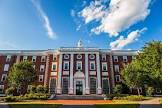
The New York Times (NYT) reported on a scandal at Harvard University (HU), where many students were disciplined for cheating.
Statistics worldwide also show a trend of increasing plagiarism cases.
Even before new technology was prevalent, it was an issue – with the new Canadian Prime Minister Mark Carney being accused of plagiarism.
The accusation doesn’t seem to have done him any political harm, though, because he has called snap elections for later this month, and may win them after closing a massive polling gap with his Conservative opponents.
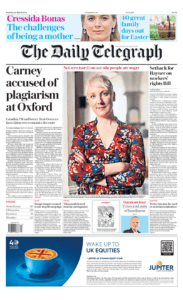 Mr Carney has strenuously denied that he had copied about 10 passages of text for his doctoral thesis at the University of Oxford’s (Uo0) Nuffield College (NC) in 1995
Mr Carney has strenuously denied that he had copied about 10 passages of text for his doctoral thesis at the University of Oxford’s (Uo0) Nuffield College (NC) in 1995
Sadly there can be no denial that the problem of plagiarism is getting worse, and likely to become more so in the future.
With the rise and rise of technology, educators will need to be ever more vigilant, and journalists like me must know in greater detail which source can be trusted…
The memories of Phil’s astonishing, decades long award-winning career in journalism (when trusted sources have only ever been used) as he was gripped by the rare neurological disabling condition Hereditary Spastic Paraplegia (HSP), have been released in the book ‘A Good Story’. Order it now.
Tomorrow – how during that career Phil has always tried to keep up with the latest trends – and this is emphasised by the changing nature of shopping which has now been underlined by news that WH Smith is disappearing from the High Street.








